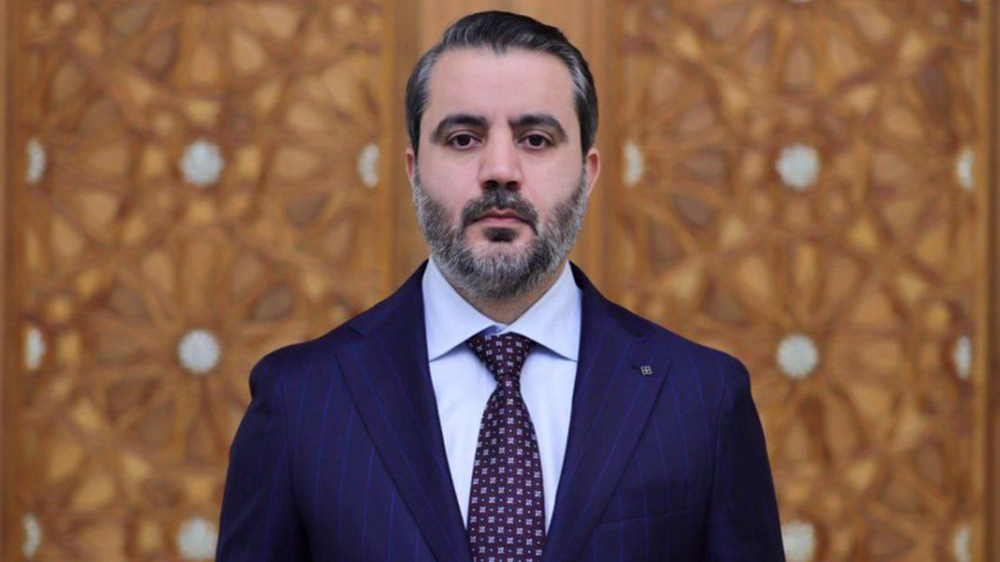Saudi backing for terrorists impedes Syria peace efforts: Damascus
The Syrian foreign minister says Saudi Arabia’s support for terrorists will be an impediment to the international attempts to resolve the conflict in the Arab country.
In an interview with Russia’s Sputnik news agency on Friday, Walid al-Muallem also said the move by Saudi Arabia to sever its relations with Iran will have an adverse impact on the Syria peace.
“It has negative impact on the situation. They (the Saudis) will increase the financial and military support to the terrorists in Syria," he said.
"They will prevent the Geneva conference from being successful,” he said in reference to the next round of Syria’s peace negotiations due on January 25.
Saudi Arabia cut diplomatic relations with Iran on January 3 after Tehran criticized the kingdom's execution of prominent Shia cleric Sheikh Nimr al-Nimr.
Elsewhere in his remarks, Muallem accused Ankara of offering terrorists safe passage into Syria while underestimating the possibility of the extremists’ return to Turkey.

“They (Turkey) opened the border to the terrorist groups coming to us from one hundred countries,” the Syrian foreign minister said.
He said Turkish President Recep Tayyip Erdogan “never learned the lesson that these terrorists will come back to them.”
Ankara is accused of actively training and arming Takfiri elements and buying smuggled oil from territories held by Daesh terrorists.
Syria produced approximately 400,000 barrels of oil five years ago, but now the sum is stolen by Daesh and sent to Turkey, Muallem said.
On December 17, 2015, the UN Security Council adopted a resolution aimed at clogging up Daesh’s revenue stream.
It considered Daesh to be posing as much threat as al-Qaeda, threatened sanctions on parties buying oil from the terrorist group, and advised that countries resist its demands for ransom payments.
“If these neighboring countries, Turkey, Saudi Arabia and Qatar implement the Security Council resolution to counter terrorism, 70 percent of our crisis will be finished,” Muallem concluded.
The foreign-backed crisis in Syria, which flared in March 2011, has so far claimed the lives of over 260,000 people and displaced millions.
American warplane downed after Yemeni attacks 'baffled' US air defense: Ansarullah
VIDEO | Yemenis praise the military for its successful operations against Israel
VIDEO | Israel continues to bomb Gaza homes
VIDEO | An insider's view of the country: Meybod City in Yazd
‘All wars have rules. All of those rules have been broken’ by Israel
VIDEO | Report flags India’s violation of rights of Rohingya detainees
Turkey's foreign minister meets Syria's de facto leader in Damascus
VIDEO | US Syria plots















 This makes it easy to access the Press TV website
This makes it easy to access the Press TV website